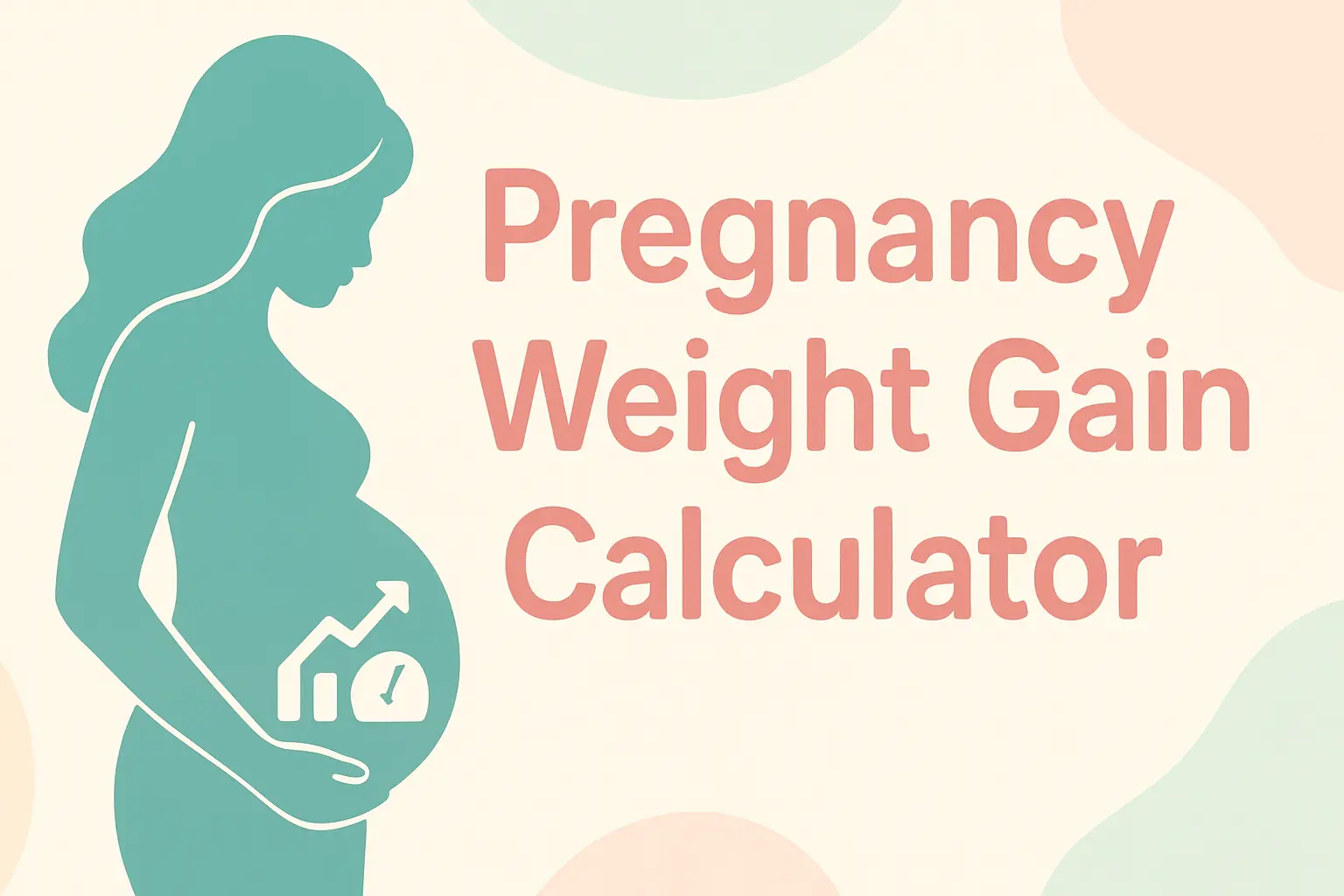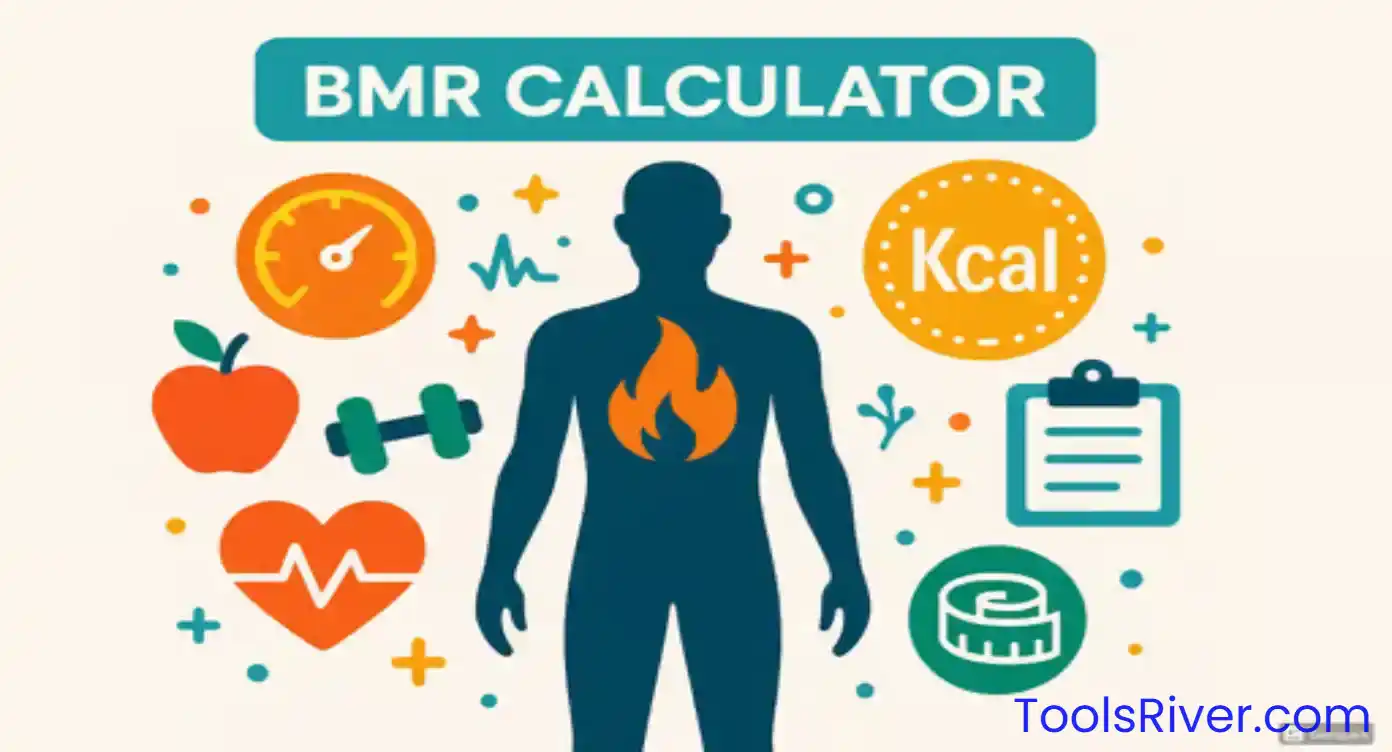BMR Calculator
Calculate your Basal Metabolic Rate and discover how many calories your body burns at rest
Your BMR Results
Formula Comparison
Understanding Your Basal Metabolic Rate
Learn everything you need to know about BMR and how it affects your health and fitness goals
What is BMR?
Basal Metabolic Rate (BMR) represents the minimum number of calories your body needs to maintain basic physiological functions while at complete rest. This includes vital processes such as breathing, circulation, cell production, nutrient processing, and protein synthesis. BMR accounts for approximately 60-75% of your total daily energy expenditure, making it the largest component of your metabolism.
Why BMR Matters
Understanding your BMR is crucial for effective weight management, nutritional planning, and overall health optimization. It provides the foundation for calculating your total daily energy expenditure (TDEE) and helps determine appropriate caloric intake for weight loss, maintenance, or gain. Knowledge of your BMR enables more precise dietary adjustments and realistic goal setting.
BMR Calculation Formulas Explained
Mifflin-St Jeor Equation (Recommended)
Developed in 1990, this formula is considered the most accurate for the general population. It has been validated through extensive research and provides reliable results for most individuals.
For Women: BMR = (10 × weight in kg) + (6.25 × height in cm) - (5 × age in years) - 161
Harris-Benedict Equation (Revised)
Originally developed in 1919 and revised in 1984, this formula was one of the first widely used BMR calculations. While still accurate, it tends to overestimate BMR in obese individuals.
For Women: BMR = 447.593 + (9.247 × weight in kg) + (3.098 × height in cm) - (4.330 × age in years)
Katch-McArdle Formula
This formula considers lean body mass rather than total body weight, making it more accurate for individuals with known body fat percentages. It's particularly useful for athletes and fitness enthusiasts.
Where: Lean Body Mass = Total Weight × (100 - Body Fat Percentage) / 100
Factors Affecting Your BMR
Genetic Factors
- • Age (BMR decreases with age)
- • Gender (males typically have higher BMR)
- • Genetics and family history
- • Body composition (muscle vs. fat ratio)
- • Height and overall body size
Lifestyle Factors
- • Physical activity level
- • Diet and eating patterns
- • Sleep quality and duration
- • Stress levels
- • Environmental temperature
Health Conditions
- • Thyroid disorders
- • Hormonal imbalances
- • Medications
- • Metabolic disorders
- • Pregnancy and breastfeeding
Body Composition
- • Muscle tissue (higher metabolic rate)
- • Fat tissue (lower metabolic rate)
- • Bone density
- • Water retention
- • Organ size and efficiency
Using Your BMR for Health Goals
Weight Loss
Create a caloric deficit by consuming fewer calories than your TDEE (BMR + activity calories)
Maintenance
Consume calories equal to your TDEE to maintain current weight and body composition
Weight Gain
Create a caloric surplus by consuming more calories than your TDEE for healthy weight gain
Frequently Asked Questions
BMR calculations provide estimates with an accuracy of ±10-15% for most individuals. The Mifflin-St Jeor equation is generally the most accurate, while the Katch-McArdle formula can be more precise for those with known body fat percentages. Individual variations in metabolism, genetics, and health conditions can affect accuracy.
No, you should never eat only your BMR calories. BMR represents the minimum calories needed for basic bodily functions at complete rest. You need additional calories for daily activities, exercise, and the thermic effect of food. Your total daily energy expenditure (TDEE) is typically 1.2-2.0 times your BMR depending on activity level.
Recalculate your BMR whenever you experience significant changes in weight (5+ pounds), body composition, or every 3-6 months during active weight management. Age-related changes typically require recalculation annually. If you're maintaining stable weight and composition, annual recalculation is sufficient.
Yes, you can influence your BMR through several methods: building lean muscle mass through strength training, staying adequately hydrated, getting sufficient sleep, managing stress levels, and maintaining a consistent eating pattern. Muscle tissue burns more calories at rest than fat tissue, making strength training particularly effective for boosting BMR.
Different BMR calculators use different formulas, each developed for specific populations or with varying methodologies. The Harris-Benedict equation tends to overestimate BMR, especially in overweight individuals, while Mifflin-St Jeor is more conservative and accurate for the general population. Katch-McArdle considers body composition, making it more precise when body fat percentage is known.
Take Control of Your Health
Understanding your BMR is the first step toward achieving your health and fitness goals. Use this knowledge to make informed decisions about your diet, exercise routine, and overall lifestyle.













